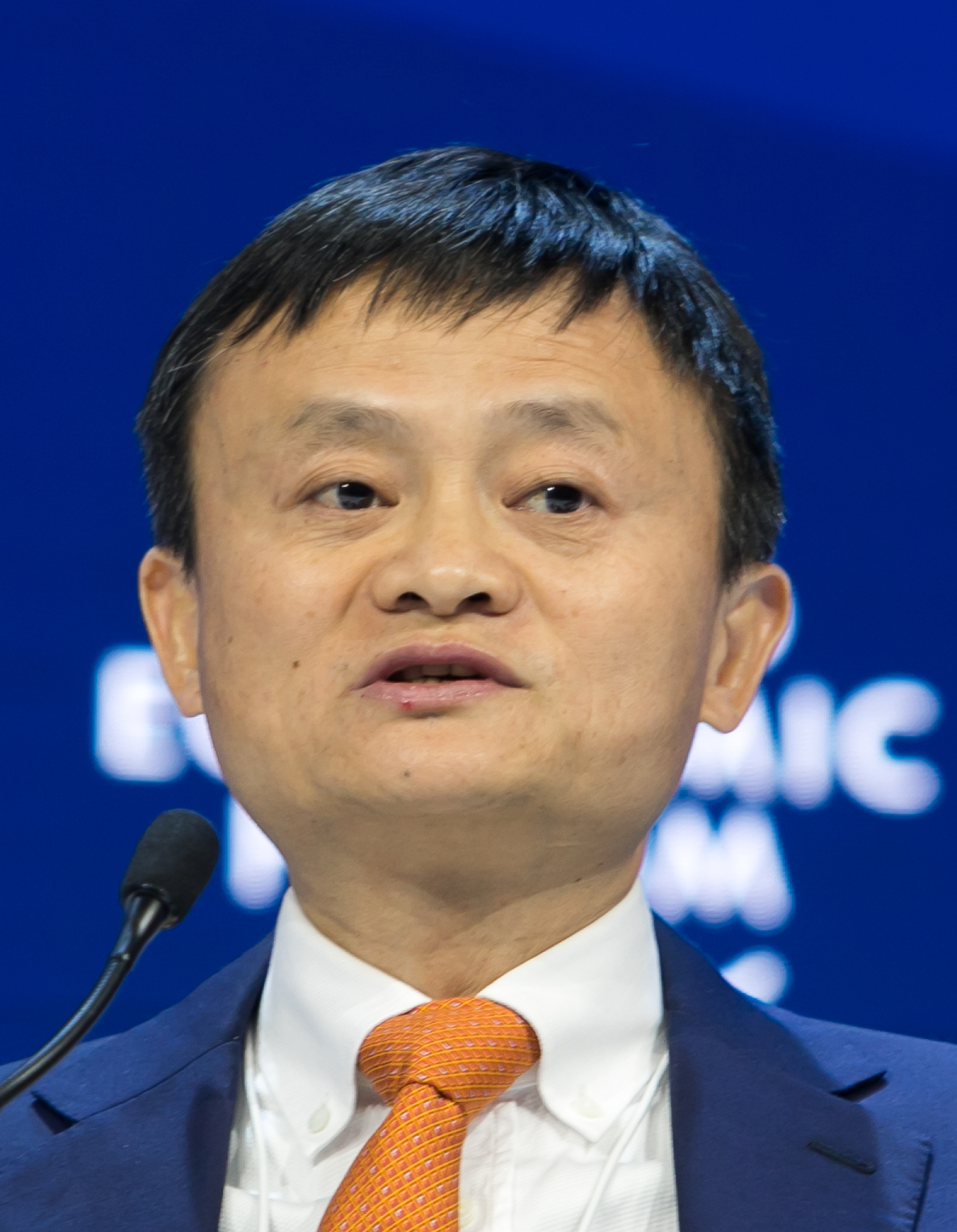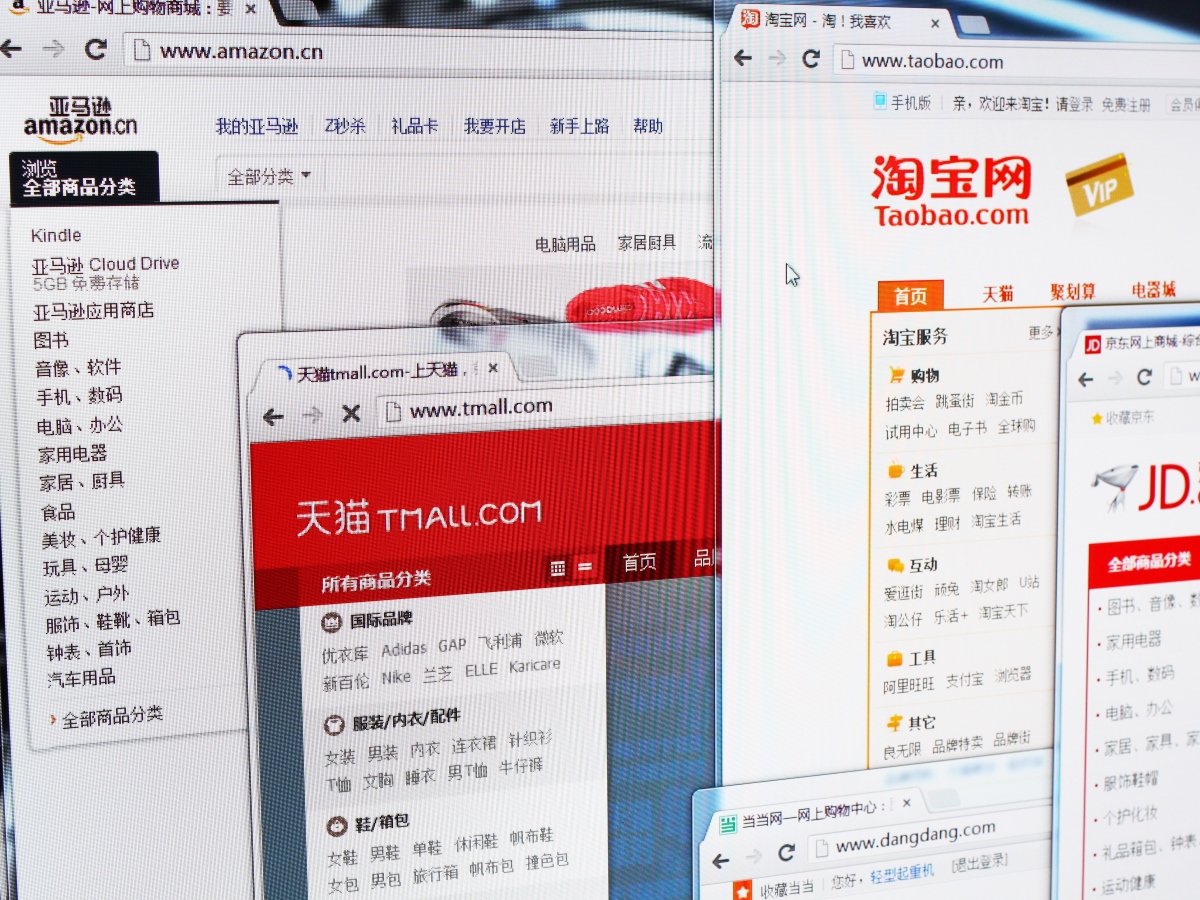Opening a flagship store on Alibaba’s Tmall has become a must-do for many Australian brands and retailers seeking to tap into the fast-growing Chinese beauty market from Mecca to Boost Lab.
Alizila, the Chinese news website focused on e-commerce, reports that Tmall has reached a milestone beauty sales target a year ahead of schedule, doubling 2019 revenues in the category.
More than 3000 beauty merchants launched new stores on the giant B2C online platform last year. During the calendar year 2020, 603 beauty and consumer goods brands achieved RMB 100 million (AUD$19.8 million) in sales, 42 brands reached RMB 1 billion (AUD$198.29 million) and three brands topped RMB 5 billion (AUD$991.44 million).

In spite of the recent controversies surrounding Alibaba’s founder, Jack Ma, the online titan is poised to rev up its beauty revenues with a series of new initiatives.
Tmall plans to lower barriers to registering a store on the platform, including the easing of investment requirements and the length of time the seller has been in business.
The success of companies and brands will be springboarded by improved searchability. For the upcoming 6.18 shopping festival in June, Tmall will boost the visibility of brand-produced livestreams as well.
Over the next three years, Tmall will fast-track 200 emerging brands capable of generating AUD$19.8 million a year and support a further 10,000 new brands.
According to Jason Chen, general manager of Tmall’s fastmoving consumer goods division – “We used to discuss supply only in terms of products. But today, the concept of supply also extends to content and services. Successful brands of the future won’t just have a powerful supply chain to manufacture and deliver products, but for generating content and services. All three parts have to work around the clock so the brand can continue building new experiences, content and connections with consumers.”

